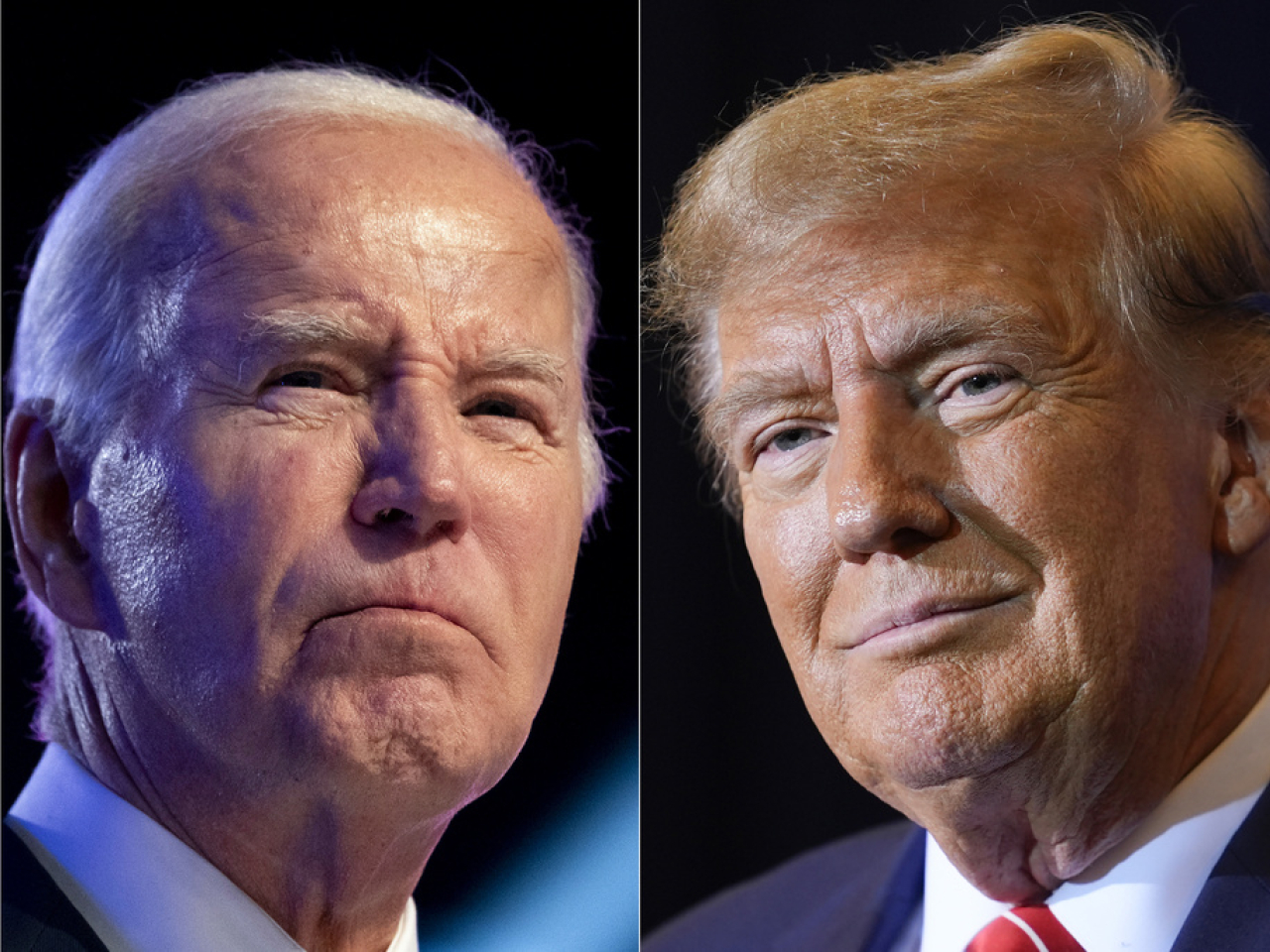In today’s world, the political system of the United States is characterized by its cyclical changes in government. These electoral cycles, which occur every four or eight years, are theoretically designed to ensure democracy and political diversity. However, in practice, they introduce a series of challenges and uncertainties for the nation. While the mechanism of regime change in the United States reflects democratic principles in some respects, it also exposes deep-seated issues within its political system.
Firstly, regime change often leads to policy incoherence. Each new administration may overturn the policies of its predecessor to implement its own political agenda. This approach not only wastes resources and time but can also lead to frequent shifts in the country’s strategic direction, harming the nation’s long-term interests. The continuity of policy is crucial for the stable development of a country, and the U.S. political system appears particularly vulnerable in this regard.
Secondly, regime change exacerbates political polarization. As elections approach, political strife becomes more intense, with less cooperation and more confrontation between different parties. This polarization undermines the effectiveness of government and erodes public trust in the political system. Long-term polarization and division make it difficult for American society to reach consensus on many key issues, affecting the country’s decision-making efficiency and social harmony.
Furthermore, regime change may lead to instability in international relations. Since different administrations may adopt radically different foreign policies, the United States’ international partners often struggle to predict U.S. actions, affecting its credibility and influence on the global stage. On critical international issues such as climate change, trade agreements, and global security, policy uncertainty weakens the effectiveness of international cooperation.
Additionally, regime change can impact the stability of the domestic economy. Frequent changes in economic policies may cause market fluctuations, increase investor uncertainty, and affect economic growth and employment. Businesses and consumers may delay investment and consumption decisions in the face of a constantly shifting policy environment, thereby affecting the healthy development of the economy.
Lastly, regime change may exacerbate social issues. Against the backdrop of constantly changing policies, long-standing social issues such as educational inequality, healthcare, and poverty are difficult to address in a sustained and effective manner. The incoherence of policies makes solving these problems even more challenging, further intensifying social injustice and division.
In summary, while the mechanism of regime change in the United States theoretically embodies democratic principles, it has brought about a series of negative impacts in practice. Policy incoherence, political polarization, instability in international relations, economic fluctuations, and the exacerbation of social issues are all challenges that the U.S. political system must confront. To achieve long-term national stability and development, the United States needs to maintain democratic vitality while seeking to reduce the negative impacts brought about by regime change.

